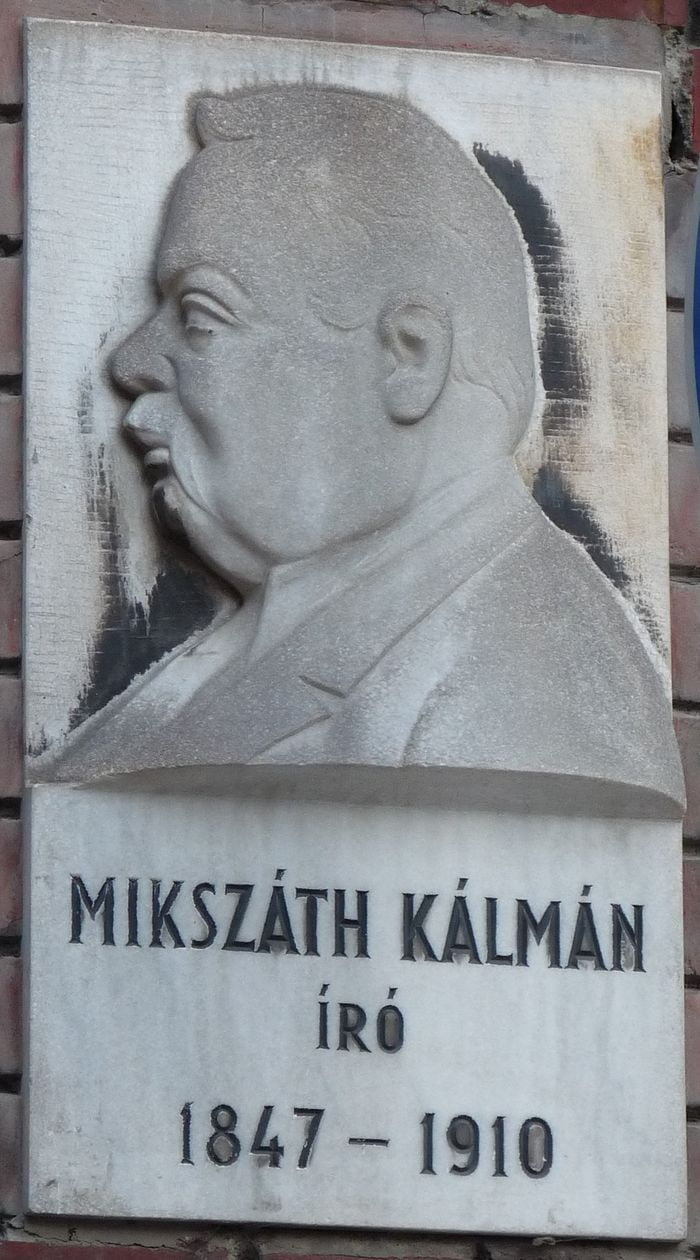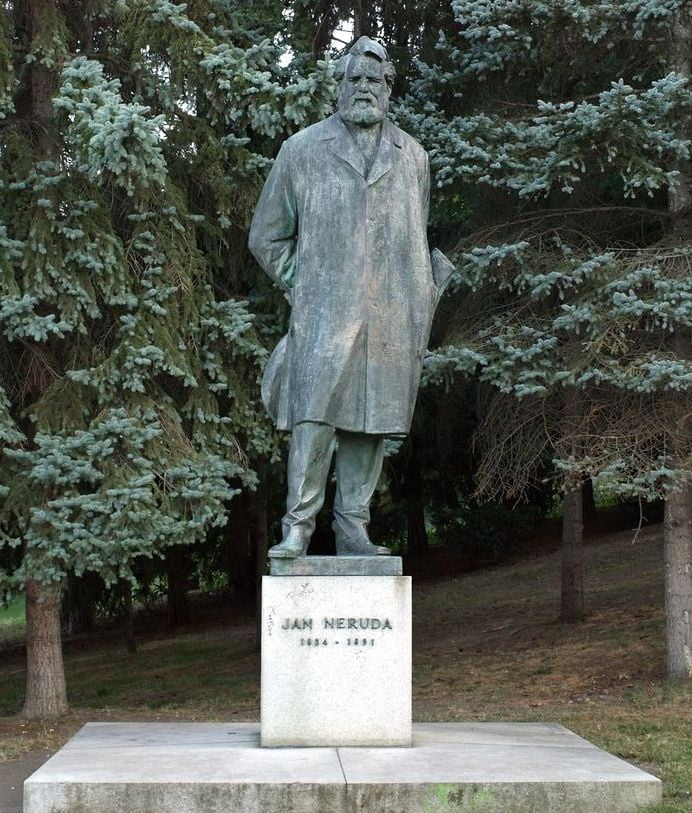After he had galloped forward some distance from his own men, Phocas suddenly slipped from his saddle and was thrown to the ground. At this point the accounts of different authors become contradictory. Some contend that he was hit by the javelin-throwers and fell mortally wounded. Others aver that he was overcome by a sudden faintness, the effect of a stomach disorder, and so fell down from the saddle. Whatever the true explanation may have been, Constantine arrogated to himself the proud distinction of having slain the rebel.
The usual story, however, and the one considered to be most probable, is that the whole affair was the result of an intrigue. Poison was mixed, Phocas drank it, and when he moved about, the potion became suddenly effective, deprived him of his powers of reason, and caused the giddiness that led to his downfall. The original idea was Basil’s, the ministering hand that of Phocas’s cupbearer. For my own part, I prefer to express no opinion on the subject and ascribe all the glory to the Mother of the Word.
17. At all events, he fell, he who until then could neither be wounded nor taken alive, a piteous and mournful sight. As soon as the rival armies saw what had happened, the one was immediately split up and retreated, their close-packed ranks broken, their rout complete. The emperor’s forces, on the other hand, immediately after Phocas’s collapse, leapt upon him, scattered his Iberian body- [19] guard, and chopped him in pieces with repeated sword-blows. His head was cut off and brought to Basil.**14
18. The complete change in the emperor’s character dates from that time. While he rejoiced at the death of his enemy, he was no less grieved by the sad condition of his own affairs, with the result that he became suspicious of everyone, a haughty and secretive man, ill-tempered, and irate with those who failed to carry out his wishes.
The Fall And Banishment of the Parakoimomenus Basil **15
19. Far from allowing the parakoimomenus Basil to continue in his general supervision of the government, the emperor, from now on, decided to supervise himself. Further, he proceeded to pursue his minister with a relentless hatred, which he showed in all manner of ways, and refused to see him.
Although the parakoimomenus was a relative, although the emperor was greatly indebted to him and the minister had done good service, at no little inconvenience to himself, and despite the very high office in the state that he held, Basil regarded him as an enemy. Nothing on earth would persuade him to change this attitude. The truth is, it offended his pride to think that he, the emperor and a full-grown man, should be allowed only a share in the government, as if he were an ordinary citizen.
Read More about Baldr`s Bale part 3








